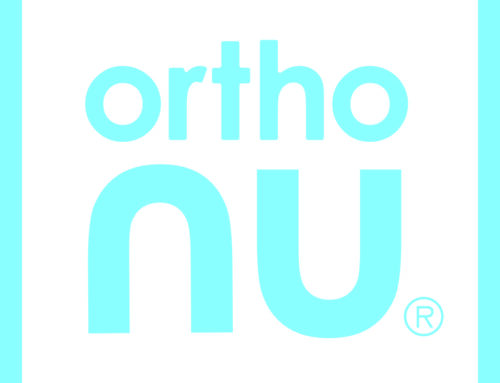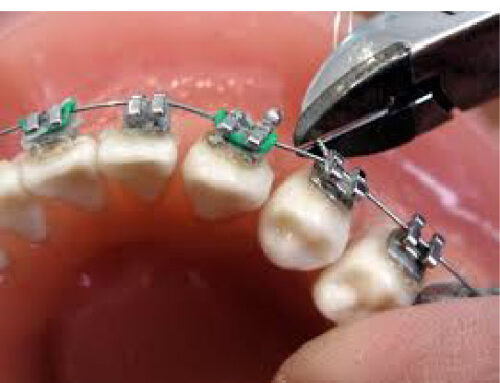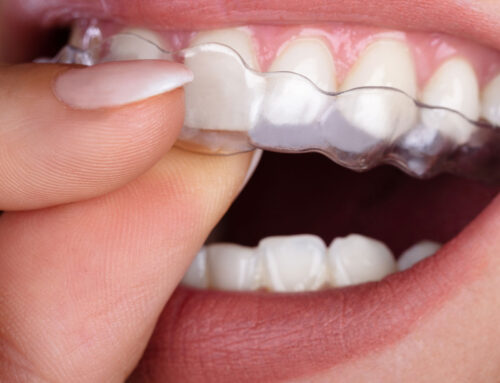Raising Awareness of Oral Cancer
April is Oral Cancer Awareness Month, an annual observance that aims to raise awareness of the importance of oral cancer screenings and early detection. According to the Oral Cancer Foundation (OCF), a person dies from oral cancer every hour of every day. That’s a scary statistic. Unfortunately, the death rate continues to trend upward due to the prevalence of late-stage diagnoses.
Part of my inspiration for founding OrthoNu and developing our flagship product, Tweakz, was to improve the patient experience at home. Oral self-care is something I am deeply passionate about and it’s important to educate patients about prioritizing self-care practices, which can improve overall health outcomes. By educating patients about how to self-screen for oral cancer, we are giving them the tools to detect the disease in its early stages, helping to increase their chances of successful treatment and recovery.
Although most oral cancers are not difficult to discover, the lack of public awareness and irregular visits to your doctor or dental professional for screenings are contributing factors for late detection. So, what can you do to protect yourself? First, let’s learn more about the disease.
What is oral cancer?
Oral cancer is a type of cancer that can develop in any part of the mouth, including the lips, tongue, gums, cheeks, and roof or floor of the mouth. It usually begins as a sore or lump that does not heal and can spread to other parts of the body if left untreated.
How can I protect myself from oral cancer?
Risk factors for oral cancer include smoking, excessive alcohol consumption, sun exposure, and infection with the human papillomavirus (HPV).
There are several ways to protect yourself from oral cancer, including:
- Quitting smoking and using tobacco products
- Limiting alcohol consumption (the CDC’s current recommendation for adults of legal drinking age is 2 drinks or less in a day for men or 1 drink or less in a day for women)
- Eating a healthy diet
- Protecting your lips from the sun by wearing lip balm with SPF 30 or higher
- Practicing good oral hygiene by brushing twice a day, flossing daily and regular dental check-ups
- Getting vaccinated against HPV
The importance of self-screening
While these preventative measures are important and can also lead to better overall health, early detection remains the most important factor for a successful outcome in oral cancer. The OCF estimates that oral cancers can have an 80 to 90% survival rate when found at early stages of development. The best way to ensure you’re getting screened regularly is to do it yourself! Life can get busy and if you find you’re not keeping up with regular dental check-ups every six months, you could be putting yourself at risk for late-stage oral cancer detection and diagnosis.
Luckily, self-screening is easy to do on your own and can be mastered in five easy steps.
Five steps to self-screen for oral cancer:
- Check your mouth: Look at your mouth in the mirror and inspect the gums, tongue, cheeks, roof, and floor of your mouth for any abnormal lumps, bumps, or sores that persist for more than two weeks.
- Observe any changes in speech: Oral cancer can sometimes affect the way you speak, causing changes in your voice, speech patterns, or pronunciation of words.
- Feel for lumps: Using your fingers, gently feel the inside of your mouth for any lumps or bumps.
- Look for any changes in your teeth or gums: Oral cancer can cause changes in the way your teeth and gums look, so be sure to inspect for any changes in color or texture.
- Pay attention to any pain or discomfort: Oral cancer can cause pain, numbness, or tenderness in the mouth, so be sure to pay attention to any discomfort you may be experiencing.
If you experience any of these symptoms and they do not improve or disappear after two or three weeks, be sure to see your health or dental professional as soon as possible.
If you or someone you know has been diagnosed with oral cancer, the OCF website has great resources including support organizations, private foundations and societies, treatment and research centers, and much more.
Remember: early detection saves lives.
You Got This!
Sima





